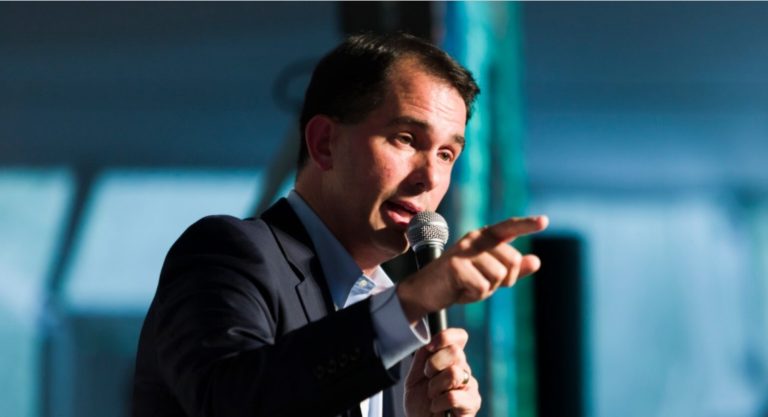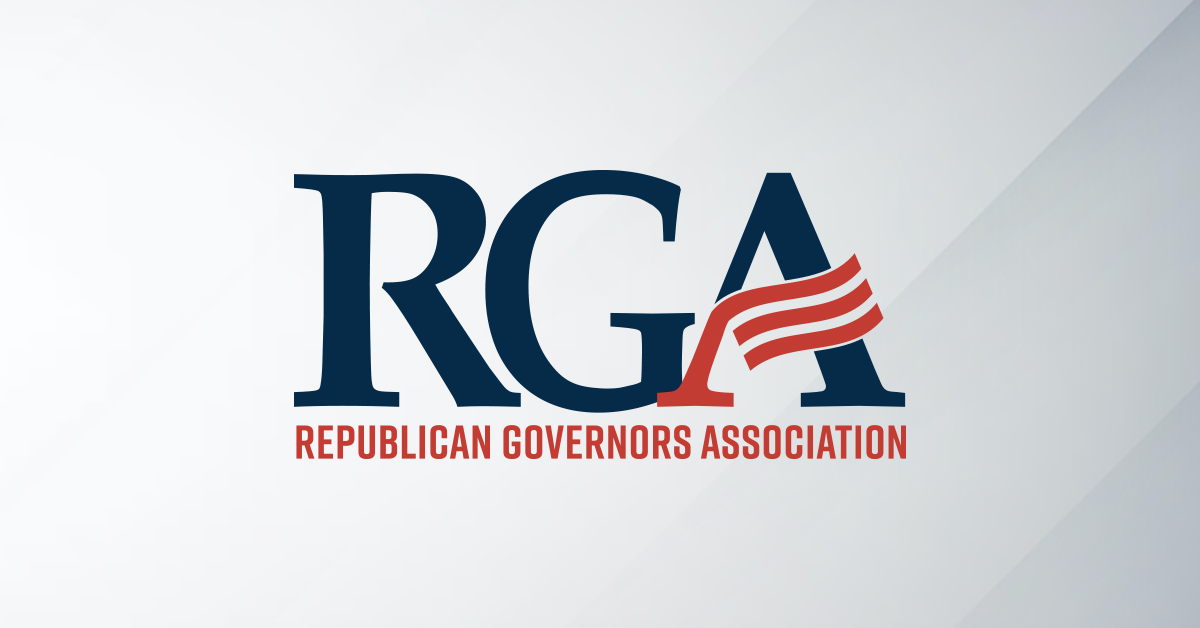
Thanks to GOP Governor Scott Walker’s pro-growth policies and leadership, Wisconsin continues to reach new heights. In a new Cap Times op-ed, Governor Walker describes his administration’s successful efforts to reform government, strengthen education, cut taxes, and tackle the opioid epidemic.
Governor Walker writes in the Cap Times:
“Wisconsin is working.
Employment in our state is at an all-time high and the unemployment rate of 2.9 percent is at a historic low. To continue to build our workforce, we invested more actual dollars into schools than ever before and included major increases for our technical college system. We balanced our budget and had another surplus yet still eliminated the state property tax. In fact, the cumulative impact of our tax relief through the end of the budget is $8 billion. We froze University of Wisconsin tuition for six years in a row to make college more affordable for students and working families. And our health care systems are ranked No. 1 in the nation for quality.
To build on our successes, we laid out an ambitious agenda during our State of the State address in January. A special thanks to the members of the state Legislature who passed our ambitious agenda for 2018:
More funding for K-12 education
On top of our historic overall investment in schools (an extra $200 per student this year and another $204 per-student increase next year), we gave rural schools with unique costs more aid and low-revenue districts more help to ensure that every child has access to a great education. Our plan passed with bipartisan support on votes of 90-3 in the Assembly and 31-1 in the Senate.
Health care stability
Because health care costs are a growing concern, we proposed a plan that will lower premiums, increase choices, and stabilize health care in Wisconsin. This is particularly important for people on the individual market like small-business owners and family farmers. Our plan to lower premiums in the individual market passed with bipartisan support on votes of 79-16 in the Assembly and 23-9 in the Senate.
Welfare reform
With employment levels at all-time highs, we need more people in the workforce. That’s why we called a special session on welfare reform. Our plan requires able-bodied, working-age adults to work at least 30 hours a week and to be able to pass a drug test. For those who fail, we will provide treatment to get them healthy and ready to work. So far, we’ve helped transition 25,000 people on food stamps into the workforce.
$100 million school safety plan
Every student, teacher, parent, and administrator should feel safe in our schools. That’s why I proposed a $100 million school safety plan that will provide grants to schools across the state. As a country, we made necessary changes after 9/11 to ensure that firearms, explosives and other weapons could not get on an airplane. We should do similar things to ensure that our schools are safe. Our plan passed with bipartisan support on votes of 78-8 in the Assembly and 28-4 in the Senate.
Child tax rebate and sales tax holiday
Wisconsin has a larger-than-expected surplus this year, and we want to send it back to the hardworking taxpayers. One of the easiest and quickest ways to get it back is through a per-child sales tax rebate. Every resident of the state who is a citizen is eligible for $100 for every child under the age of 18 living at home. The checks or direct deposits will be received before school starts in September, so parents and grandparents can use the money on supplies and clothing for students. We also provide a sales tax holiday that will help them save even more money. This is in addition to the property tax and income tax relief that we provided to people of all ages across the state. We were happy to have bipartisan support in both chambers.
Government accountability
People I talk with around the state want their government to be more effective, more efficient and more accountable. Part of that includes juvenile justice reform. We spent more than a year working with county officials, law enforcement, members of the judiciary, national experts, and lawmakers from both political parties to develop a comprehensive plan to replace the current model (which has been around for decades) with a series of smaller facilities around the state. The plan received unanimous support in the Assembly and in the Senate.
Addressing the opioid epidemic
We continue to fight opioid, heroin, and meth addiction with two more pieces of legislation: one related to medical treatment and another with law enforcement. These are two of the 30 laws I’ve signed dealing with addiction. Thanks to Rep. John Nygren for putting together a broad-based, bipartisan coalition with us on these measures.
Back in January, there were many cynics who said we could not accomplish this ambitious agenda for 2018 by the end of the legislative session. We not only got it done, but we did so with broad bipartisan support. This proves that these are not Republican or Democrat ideas, but Wisconsin ideas.
Wisconsin is working. We don’t want to turn back. Together, let’s keep moving Wisconsin forward.”





See the latest videos from RGA
Watch our videosThe numbers say it all. New Hampshire can’t afford to become @maura_healey's Massachusetts.
NEW: Eleven economic development projects in Ohio are expected to create 1,025 new jobs statewide.
Details: https://bit.ly/3J1ZYDO
Follow RGA on Twitter
Follow RGA on Facebook